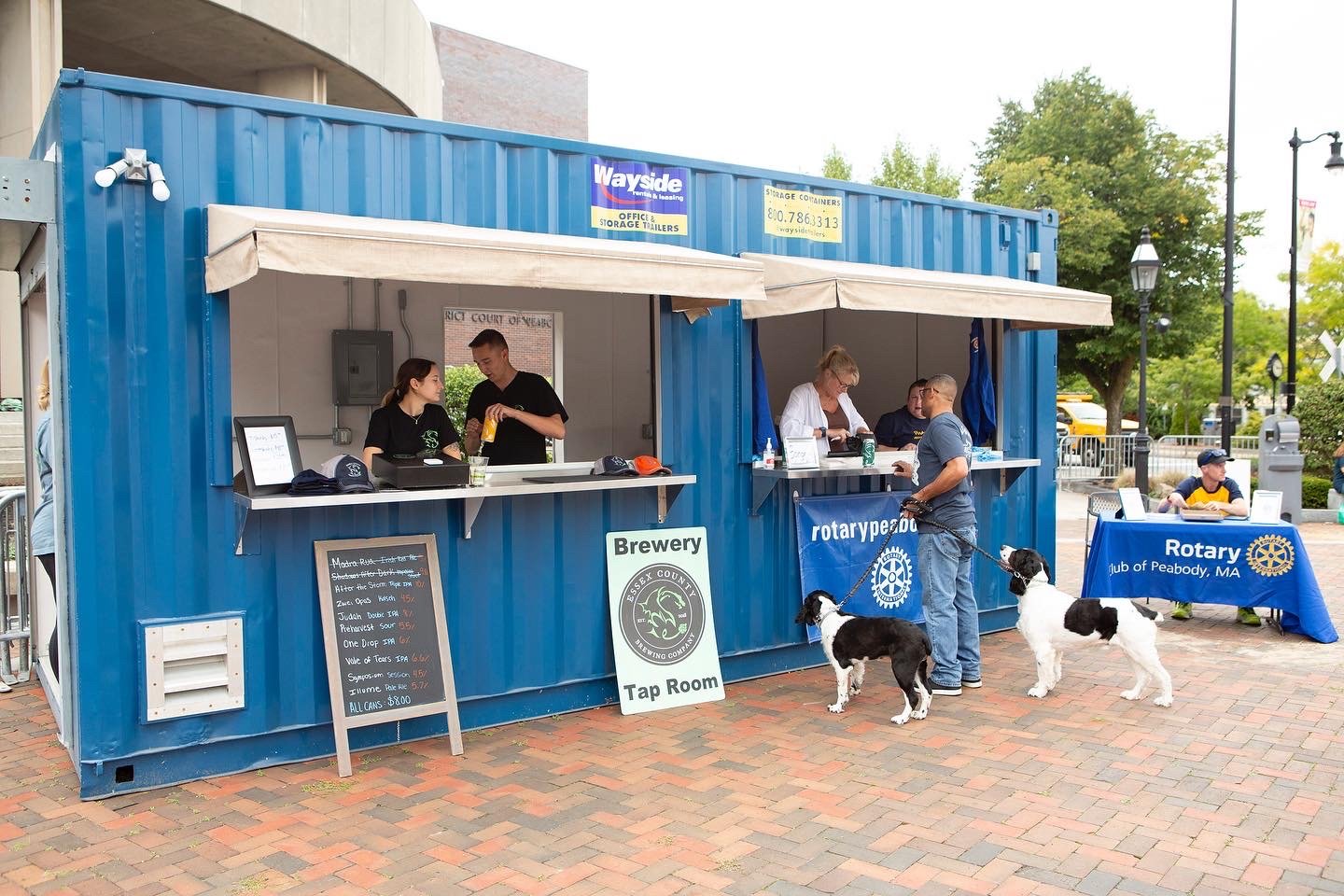
Peabody, Massachusetts
Peabody City Hall

Built in 1883 in the robust Second Empire style, this brick and mansard-roofed structure anchors Peabody’s Civic Center and represents a hallmark of civic architecture by Rufus Sargent, embodying municipal grandeur and historical continuity.
Phone: (978) 538-5395
Peabody Civic Center Historic District

Spanning mid-19th to late-Victorian civic structures along Chestnut and Franklin Streets, this 10-acre district showcases Greek Revival, Italianate, and Gothic architecture surrounding City Hall, preserving Peabody’s historical urban core.
Phone: n/a
O'Shea Building

This well-preserved 1904 Renaissance-revival commercial block by Thomas O’Shea exemplifies early 20th-century masonry craftsmanship, with fine brick, limestone, and granite detailing along Main Street.
Phone: n/a
Sutton Block

Constructed in 1859 by textile magnate Ebenezer Sutton, this rare Italianate commercial structure—originally with a steep pitched roof—retains three-story brick elegance and a mixed-use façade typical of mid-19th-century civic-retail hybrid architecture.
Phone: n/a
Nathaniel Felton Senior & Junior Houses

This pair of first-period houses (c.1700) represents 17th-century domestic architecture; owned by Peabody Historical Society, the Senior and relocated Junior house exhibit early timber-frame methods and historic preservation at Brooksby Farm.
Phone: (978) 531-2338
Osborne-Salata House

This circa-1860 Italianate residence, now part of the Peabody Historical Society, has housed military, folk-art, and archival exhibits; its masonry and stucco detailing reflect mid-19th-century residential-to-institutional adaptive reuse.
Phone: (978) 531-2338
Sutton-Pierson House

Built in 1847 as a Gothic Revival wedding gift, this cottage—moved adjacent to Osborne-Salata—is architecturally distinct with pointed-arch windows and board-and-batten charm, exemplifying vernacular ornamental woodwork.
Phone: (978) 531-2338
Felton-Smith Historic Site

Set within Brooksby Farm, this site encompasses the Nathaniel Felton houses, Smith Barn, Orchard House, and gardens—showcasing centuries-of-use agricultural architecture and land-management heritage valuable for landscape preservation.
Phone: (978) 531-2338
Peabody Central Fire Station

This Victorian eclectic-style firehouse, built in 1873 on Lowell Street, remains one of the oldest active central firehouses in the U.S., reflecting civic infrastructure design and masonry durability of the 19th century.
Phone: (978) 536-1522
Peabody Engine No. 3 Firehouse

Located on Felton Street and built in 1875, this Victorian Stick-style firehouse demonstrates ornamental wood-frame articulation in civic utility buildings of that era, suitable as a restoration benchmark.
Phone: (978) 536-1529
First Baptist Church

A Greek Revival-style sanctuary built in 1843 on Summer Street, this landmark features classic pilasters, pediments, and proportion typical of mid-19th century ecclesiastical design.
Phone: (978) 531-0008
Jonathan Dustin Block

Constructed in 1844 along Lowell Street, this brick commercial structure exemplifies mid-19th century urban masonry used for mixed retail and industrial purposes.
Phone: n/a
Peabody Institute Library

Built in 1854 in the Italianate style, this Main Street library features bracketed cornices and arched windows, symbolizing civic investment in culture and literacy during the mid-19th century.
Phone: (978) 531-0100
Conway Funeral Home

This Second Empire-style residence on Central Street, built in 1855, showcases steep mansard roofing and ornate trim, illustrating funerary-home architectural expression of the period.
Phone: (978) 531-8265
J. Price House

Located on Aborn Street and built in 1856 in the Gothic Revival style, this residence features steep gables and decorative bargeboards, exemplifying Victorian-era residential ornamentation.
Phone: n/a
Craig Print Works – Vaughn Machine Company

This three-story brick industrial building on Lynnfield Street, built in 1864, exemplifies 19th-century factory architecture with utilitarian masonry form and multi-use manufacturing history.
Phone: n/a
Southwick Strauss Tannery

Built in 1867 on Lowell Street, this brick tannery facility reflects Peabody’s leather-industrial heritage and the adaptive potential of robust industrial architecture for envelope or masonry refurbishment projects.
Phone: n/a
Soldiers and Sailors Civil War Monument

This 50-foot-tall monument erected in 1881 in Peabody Square honors 71 local Civil War dead, anchoring public space with memorial masonry craftsmanship and civic commemoration.
Phone: n/a
Spring Pond

An historic natural landmark on the Peabody–Lynn–Salem border, Spring Pond has served as a colonial water source—its iron-rich spring and boundary-marking benchmark reflect environmental engineering and adaptive urban utility.
Phone: n/a
Washington Street Historic District

This district includes diverse architecture—from the Federal-style Gideon Foster House through Greek Revival, Italianate, Second Empire, to Queen Anne—illustrating Peabody’s residential architectural progression and restoration potential.
Phone: n/a
Zipcode: 01960 , 01961
Also Read:
Maximize Your Space with Storage Containers for Rent
The Advantages of Renting a 20 ft Storage Container for Your Work Site
Storage Containers Delivered: Smart Solution for Business Expansion
Why Shipping Container Storage Units Are the Future of On-Site Storage
40ft Shipping Containers for Rent: A Storage Solution That Moves With You
From Job Sites to Pop-Ups: What a Shipping Container Rental Business Can Do
Shipping Containers for Rent: The Perfect Solution for Residential and Businesses
Get the Space You Didn’t Know You Needed With 20ft Storage Containers for Rent
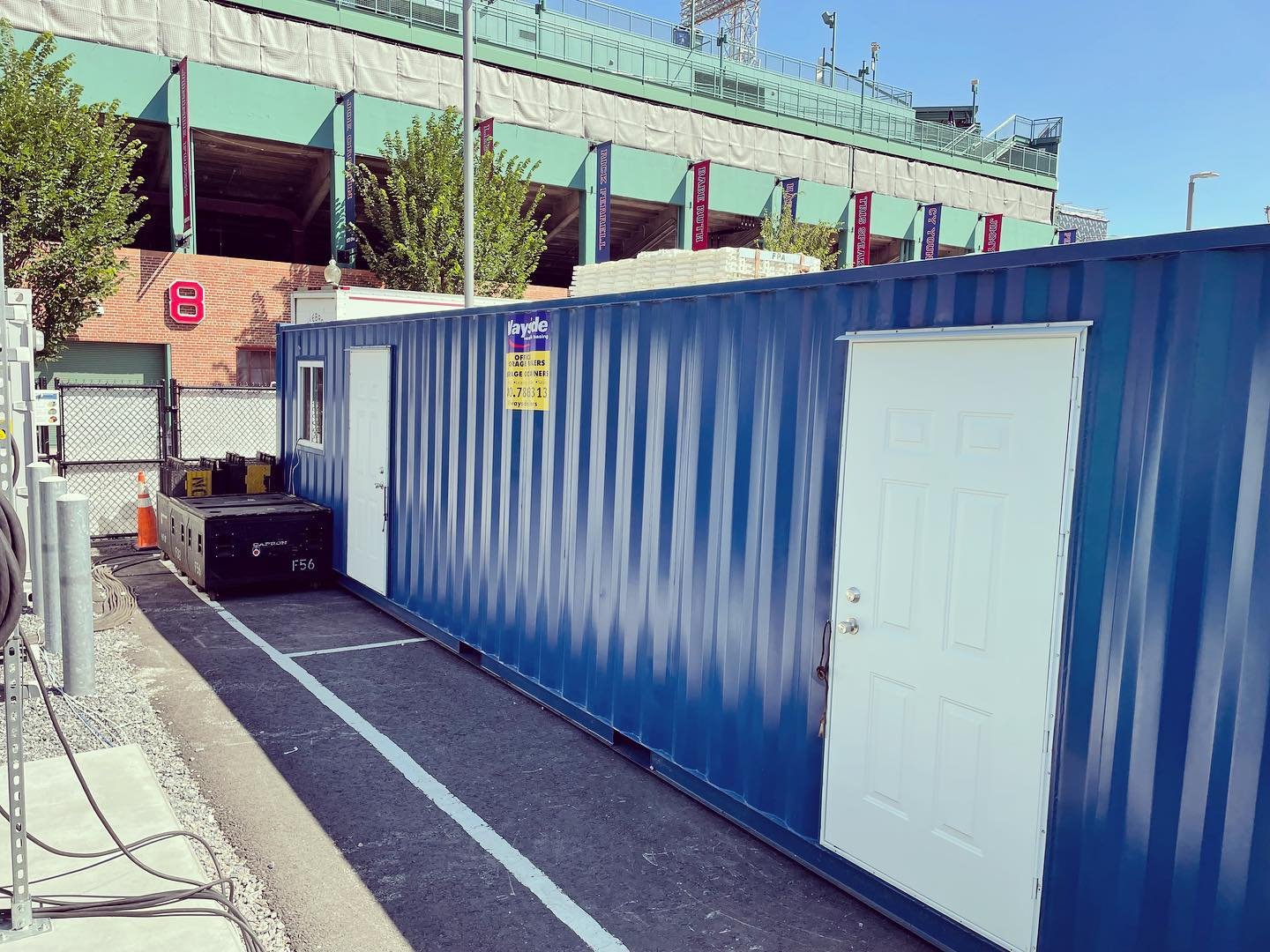
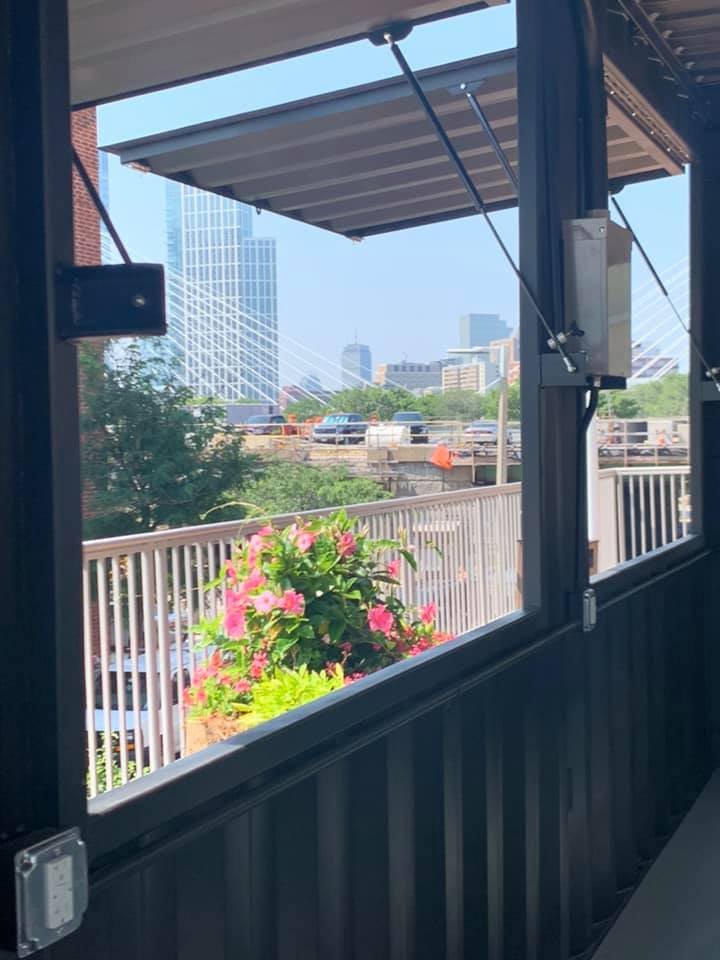
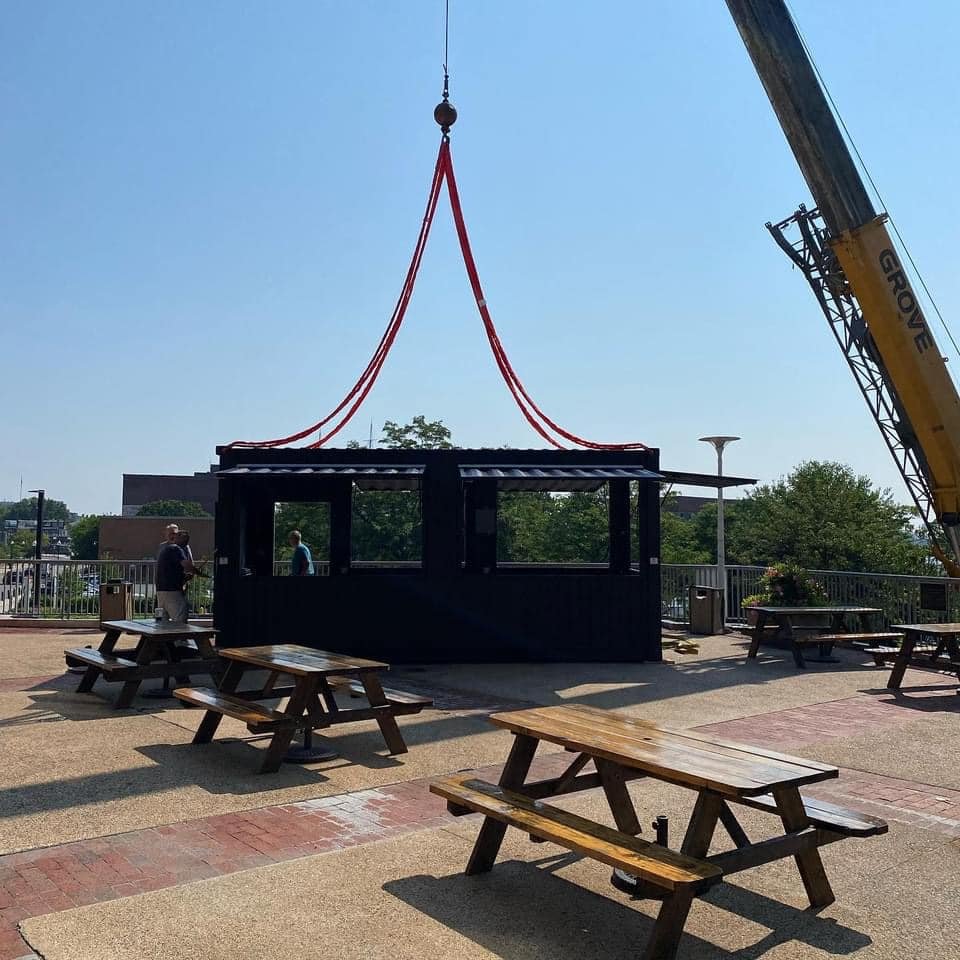
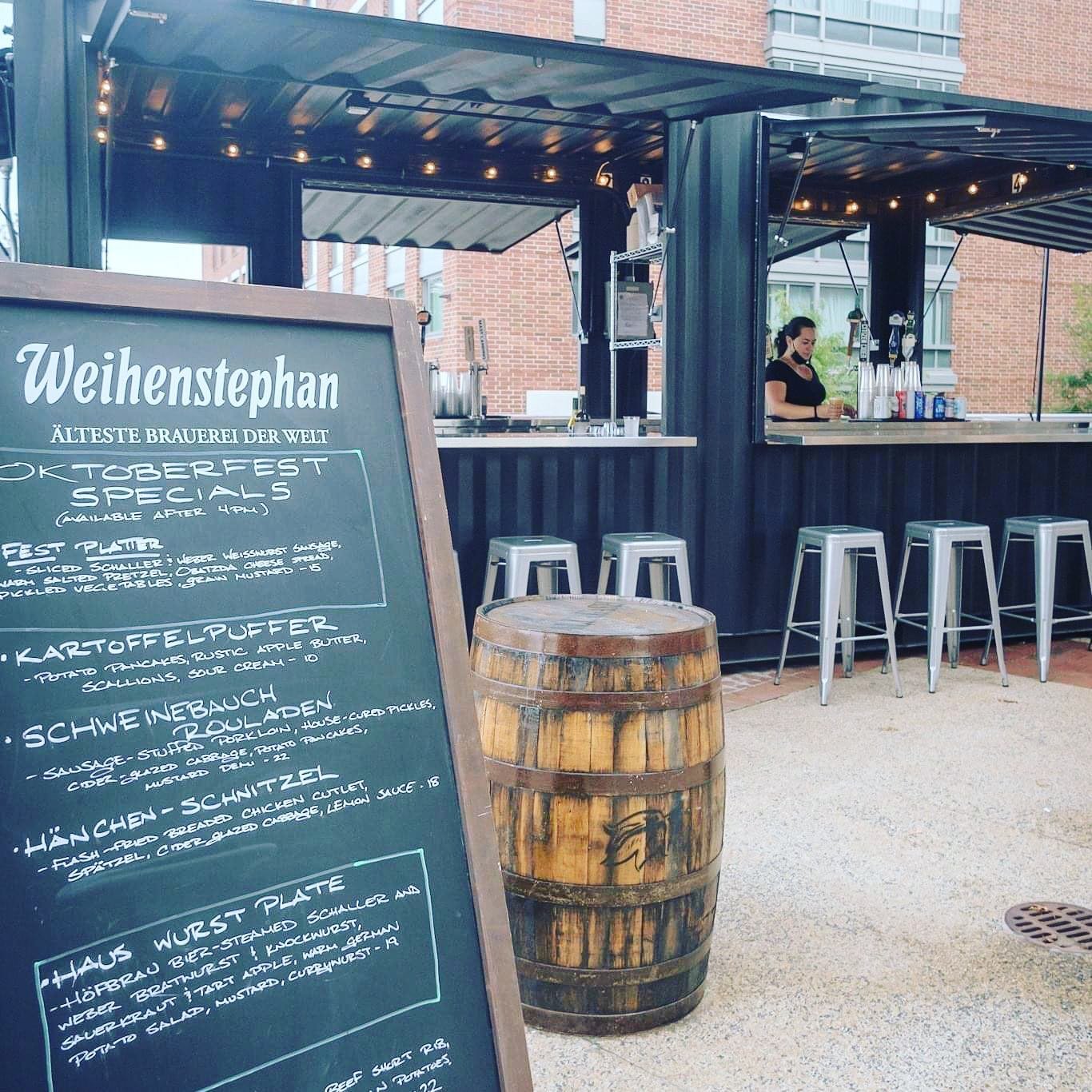
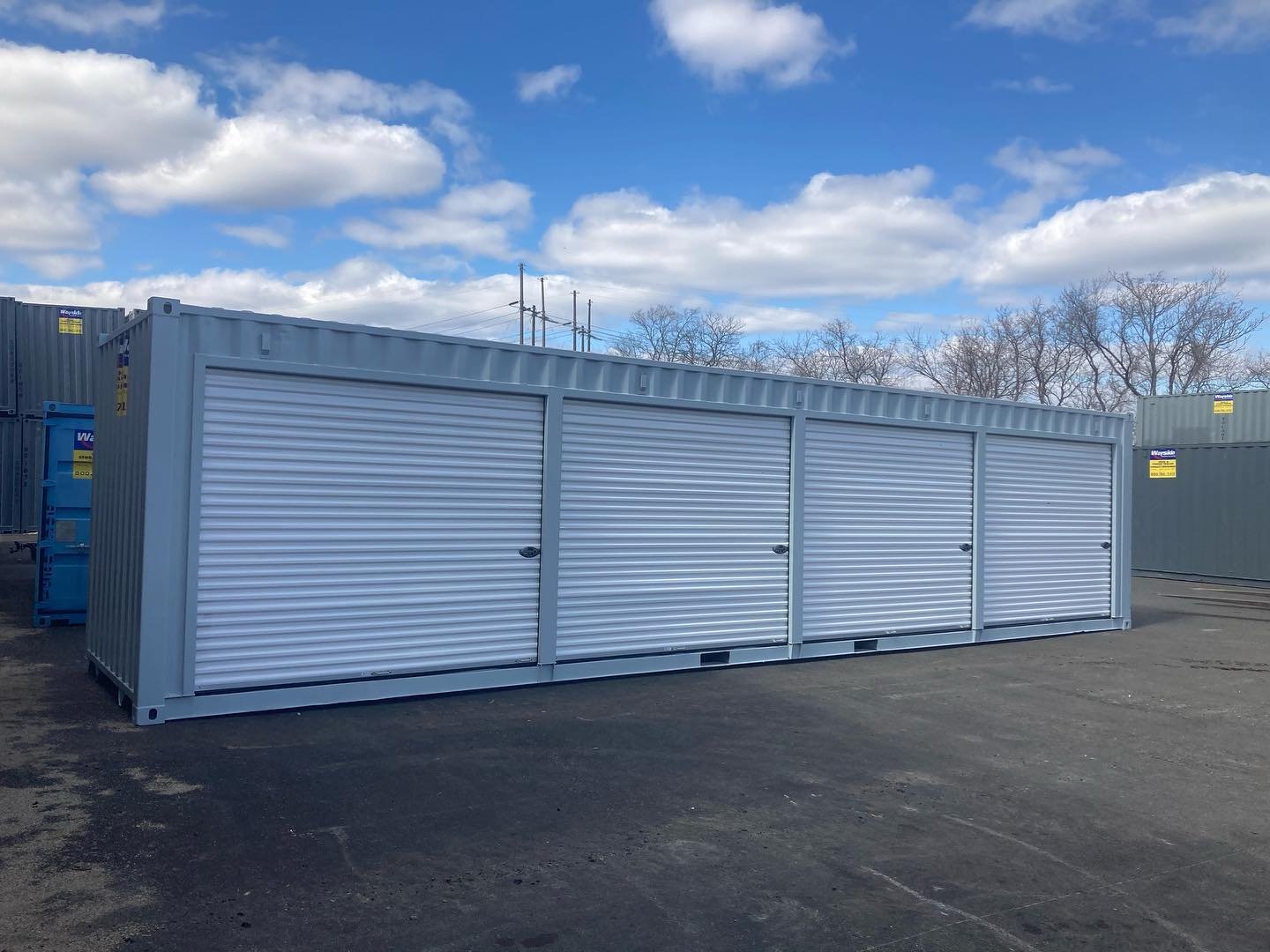
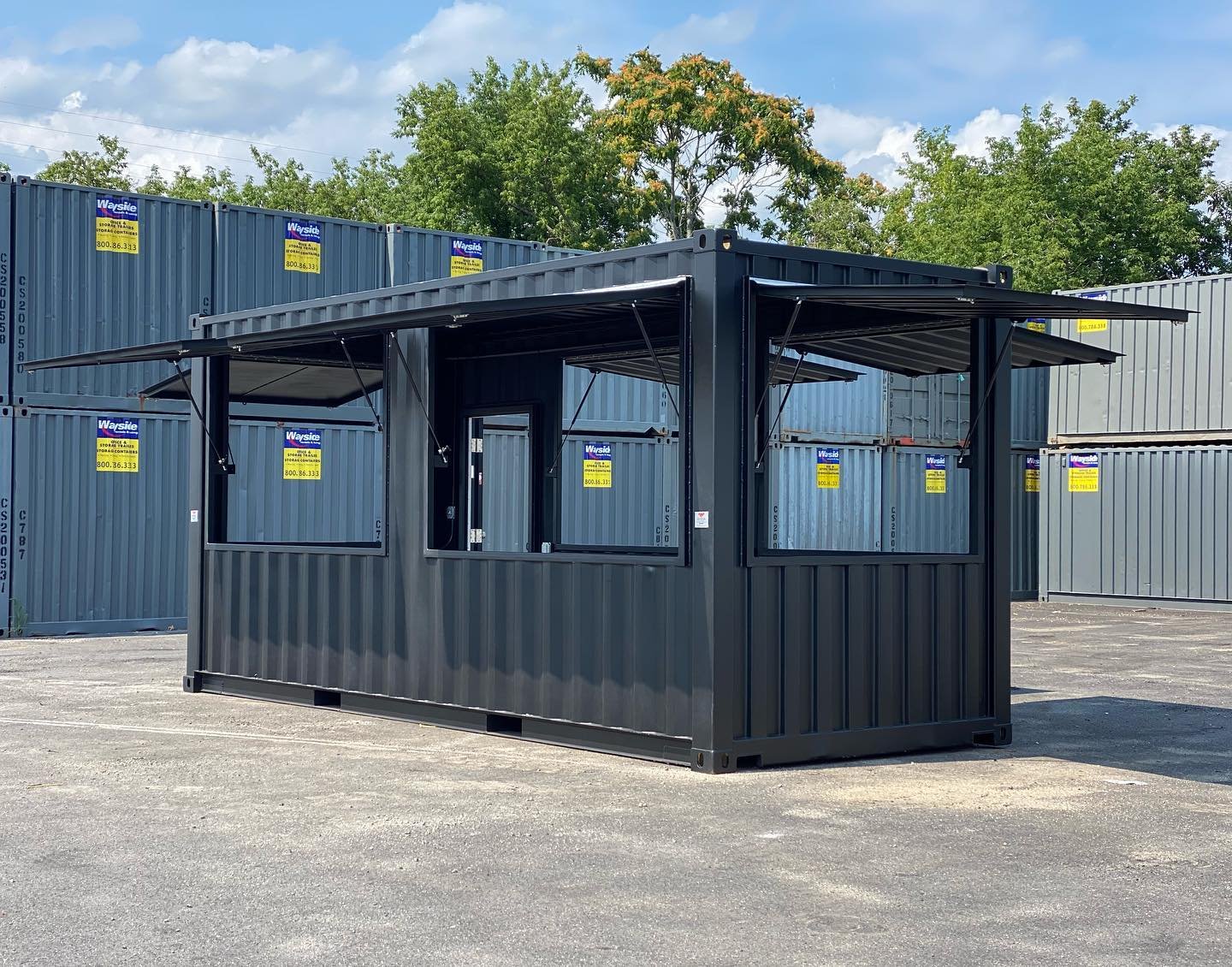

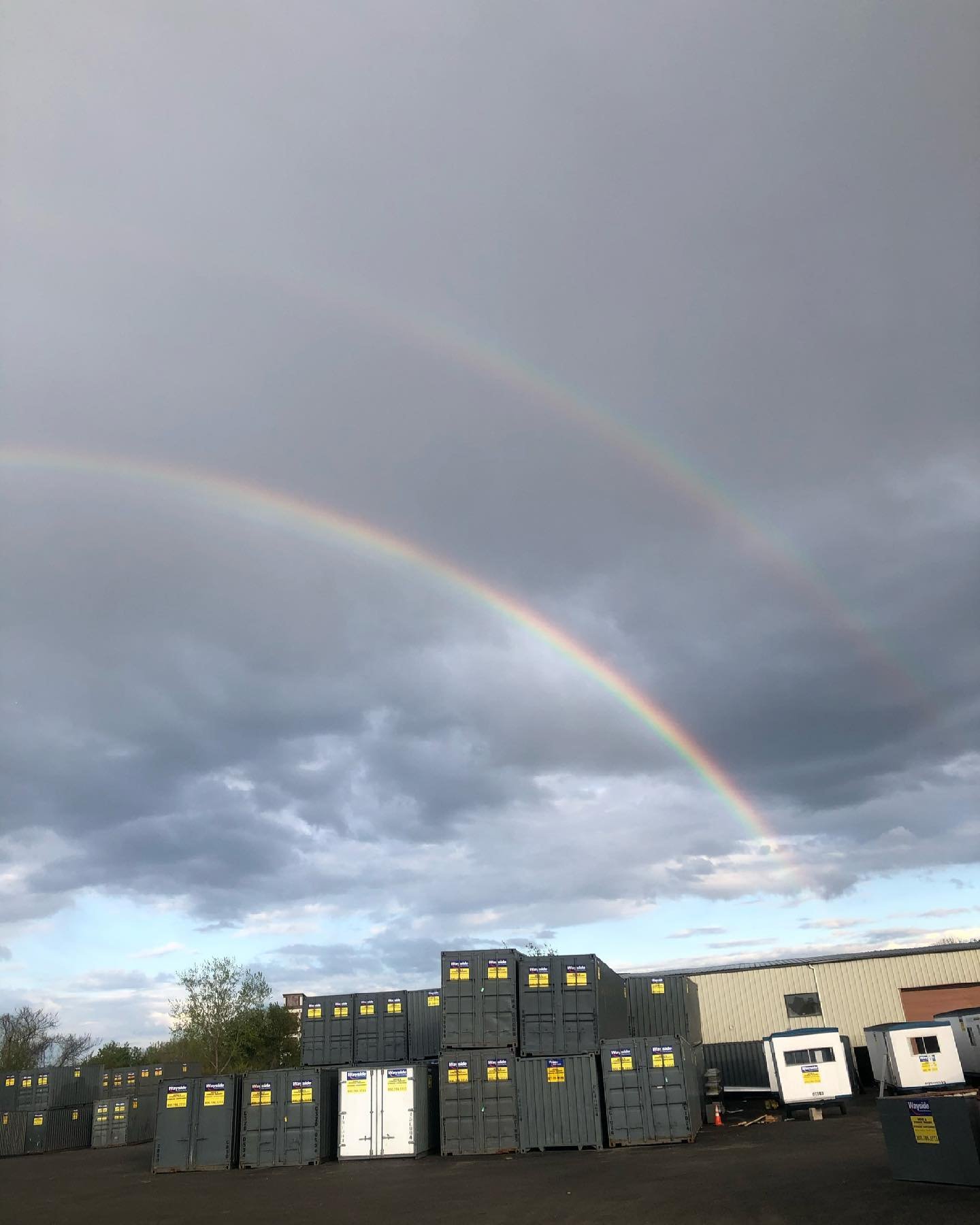
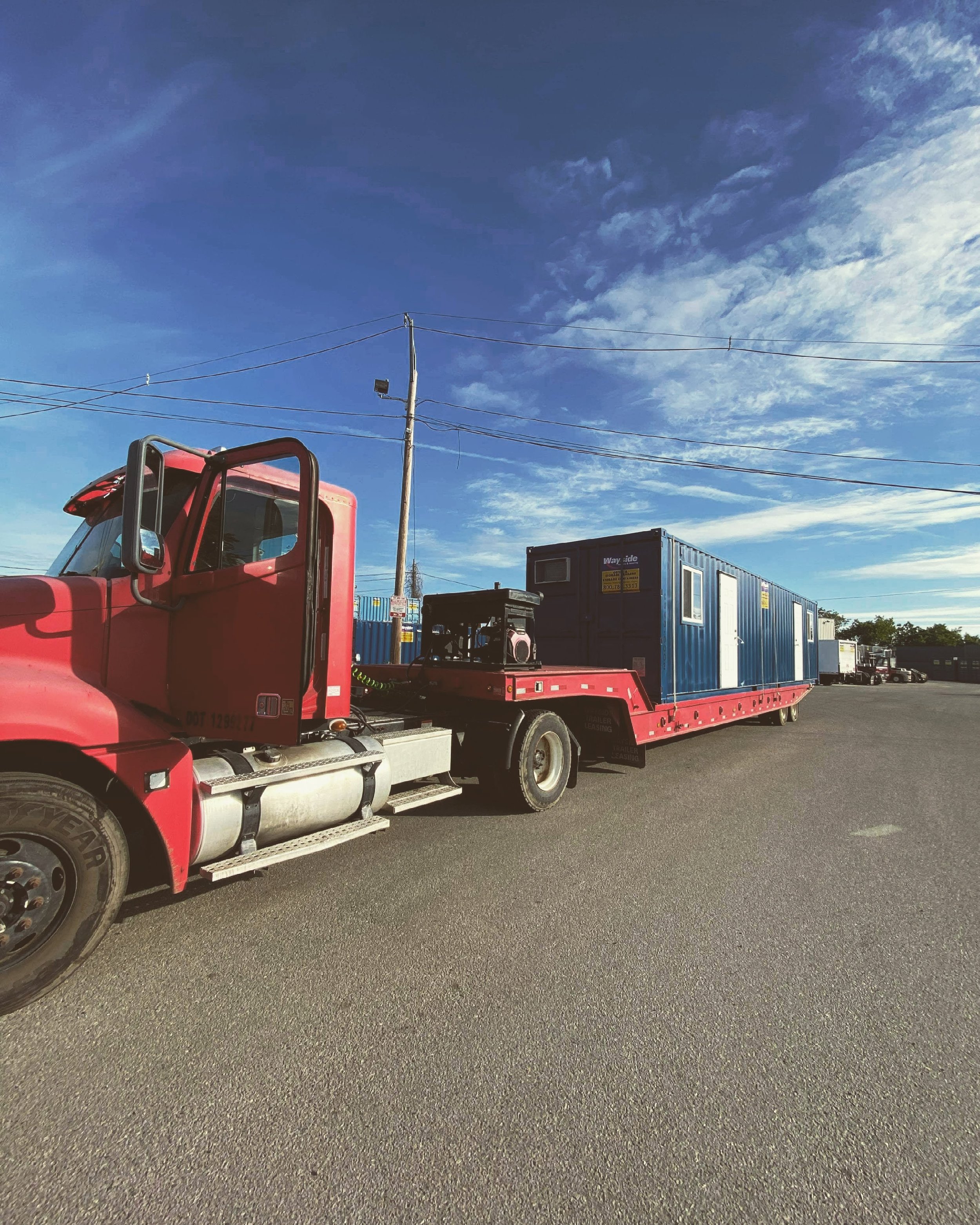

Our Services
-
Wayside provides high-grade, weather-resistant steel shipping containers available in multiple sizes (10-foot, 20-foot, and 40-foot) to accommodate diverse storage needs. These containers feature reinforced lockable doors, vents, and sealed gaskets to ensure protection against moisture, pests, and the elements. They are ideal for temporary or long-term use in scenarios like:
Additional On-site Storage for Seasonal Inventory Overflow
Construction site material management
Home renovations
Event organization
Disaster response
Seasonal storage for landscapers and snow plowers
Supplemental space options, i.e. pop up bar or event space.
-
Wayside offers durable steel storage containers for purchase. These units provide a long-term solution for secure storage and can be customized to fit specific business requirements.
-
Purchasing allows businesses to tailor containers with features like adding windows, shelving, flooring, or roll-up doors (to name a few) for enhanced functionality. Wayside’s shop team can provide or source customization services to enhance container functionality.
-
Containers are delivered directly to customers’ locations by Wayside’s professional drivers and installers. Placement is flexible depending on site accessibility, ensuring minimal disruption during delivery and retrieval.
-
There are so many different uses for storage containers. Wayside’s offerings cater to various industries and scenarios:
Seasonal inventory management—for example, a landscaper needs a place to store snow removal equipment in the spring or summer.
Off-season sports team storage
Equipment storage during renovations or construction
Temporary infrastructure for events or emergencies – for example: a visitor booth for Salem’s Haunted Happenings, an event that takes place in October only and is not needed year-round.
command centers for disaster response teams
Storage during a home renovation or spring cleanout.
Supplemental space for seasonal outdoor seating.
About Wayside
Wayside is a custom and classic shipping container and office trailer business that has delivered innovative storage and modular solutions across New England since 1933. Specializing in customizable shipping containers, scalable workspaces, and portable structures, we serve residential, commercial, and industrial clients by providing sustainable storage solutions.
Call Now: 1.800.786.3313

